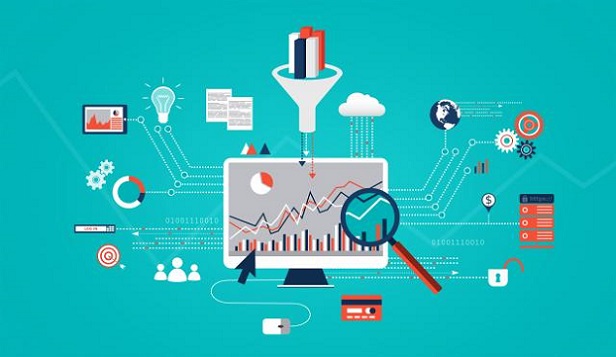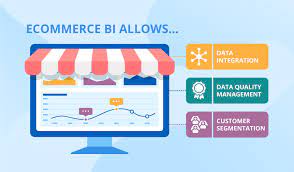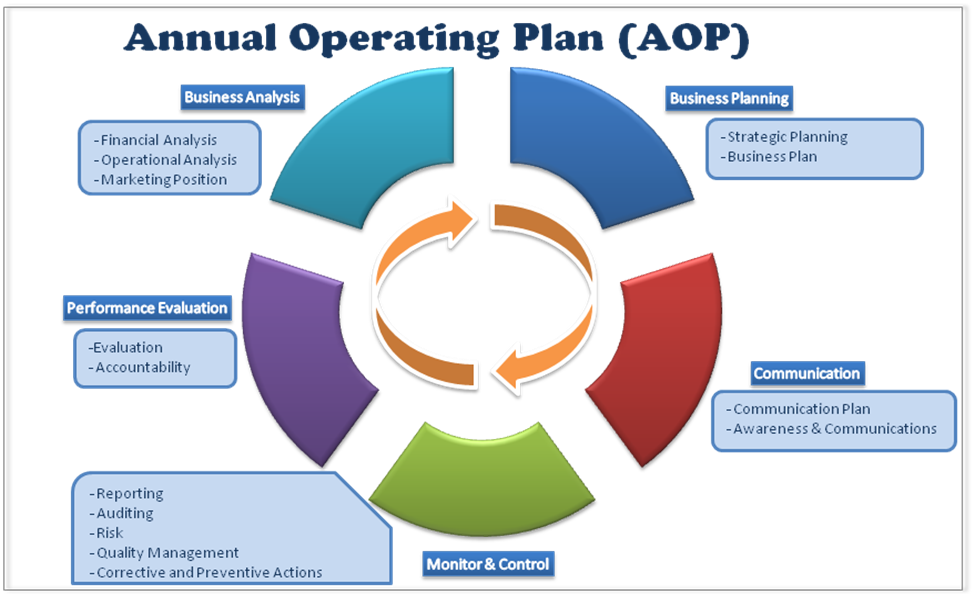What is Ecommerce Business Intelligence: 5 Top Tools for BI

What is business intelligence for ecommerce
Ecommerce business intelligence refers to the process of collecting, analyzing, and interpreting data from various online channels to gain actionable insights. It involves leveraging tools and technologies to transform raw data into meaningful information that drives strategic decision-making.
Implementing ecommerce business intelligence is a journey that requires commitment, resources, and a willingness to embrace data-driven decision-making. With a well-planned approach and the right tools, you can unlock the power of data to drive growth and success in your e-commerce business.
Companies should focus on data governance, prioritize data quality, foster a data-driven culture, and have a well-defined roadmap for implementation to maximize the benefits of ecommerce business intelligence.
- Integrations: Ecommerce platform, CRM, inventory management, ecommerce fulfillment, payment gateways, and additional systems.
- Users: Involves managers and specialists in sales, marketing, customer support, inventory, merchandising, and financial analysis.
- Implementation Costs: Typically range between $50,000 and $1 million, contingent on solution complexity, integration numbers, data sources, and advanced features.
- ROI: Can yield up to a 130% return on investment within three years post-implementation.

Key Benefits of Ecommerce Business Intelligence:
a) Enhanced Customer Understanding: By analyzing customer data, purchase patterns, and behavior, businesses can gain deep insights into their target audience. This knowledge enables personalized marketing campaigns, improved customer experiences, and increased customer loyalty.
b) Improved Operational Efficiency: E-commerce business intelligence helps identify bottlenecks, streamline processes, and optimize inventory management. By understanding supply chain dynamics and demand fluctuations, businesses can enhance operational efficiency and reduce costs.
c) Optimized Pricing and Revenue Management: Data-driven insights enable businesses to set optimal pricing strategies, identify revenue opportunities, and dynamically adjust prices based on market conditions and customer preferences.
d) Competitor Analysis and Market Trends: E-commerce business intelligence empowers businesses to monitor competitors, evaluate market trends, and identify emerging opportunities. This information allows for agile decision-making and staying ahead of the competition.
How Business Intelligence Tools Improve Sales
Leveraging Ecommerce Business Intelligence Tools:
a) Web Analytics: Utilize web analytics tools to track and measure website performance, visitor behavior, conversion rates, and marketing campaign effectiveness. Platforms like Google Analytics provide valuable insights into user engagement and website optimization.
b) Customer Relationship Management (CRM): Implement CRM systems to collect and analyze customer data, manage interactions, and nurture customer relationships. CRM platforms like Salesforce and HubSpot enable businesses to track customer journeys and personalize communications.
c) Data Visualization and Reporting: Utilize data visualization tools to transform complex data sets into visually appealing and easily understandable dashboards. Tools like Tableau and Power BI make it simpler to communicate insights and track KPIs in real time.
What is ecommerce business intelligence KPI?
- Companies may face challenges in finding and retaining talent or providing adequate training for existing employees.
- Integrating various tools, systems, and platforms can be complex and time-consuming and may require technical expertise and coordination between IT teams and vendors.
- Scaling up the infrastructure can be costly and may require careful planning.
- Shifting towards a data-driven culture and making data-based decisions may require a change in mindset and organizational culture.
- Ensuring that ecommerce business intelligence initiatives align with the overall business objectives can be challenging.
- Measuring the impact of data-driven decisions on key performance indicators (KPIs) and quantifying the financial benefits can be a complex task.
Ecommerce Business Intelligence vs Ecommerce Analytics

- eCommerce Affiliate Network | 10 Affiliate Platform
- Digital Transformation in Business: Trend| Future| Benefits
- Top Finance Leadership Development Program: Amazon|AT&T|CGMA
- Free Digital Financial Planner Goodnotes: Android| Advantages
- What to look for in an Omnichannel Call Center?
- What is Omnichannel Order Management System: Best Practice






